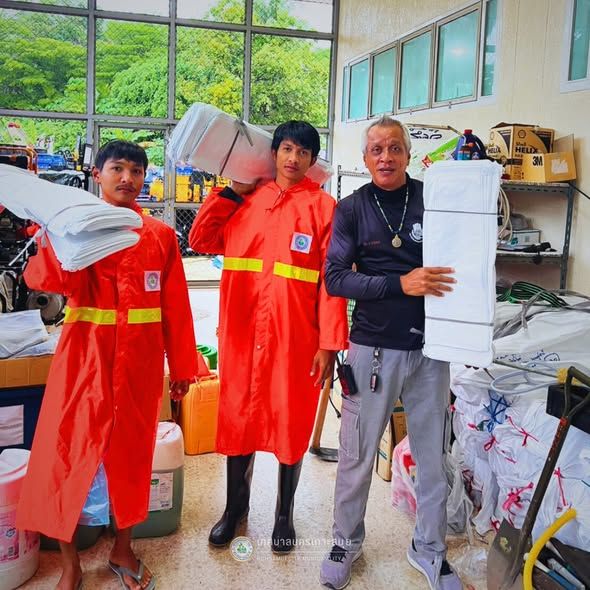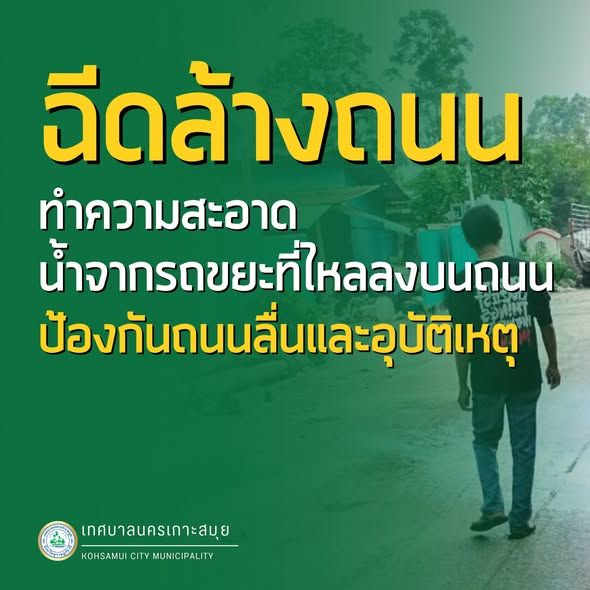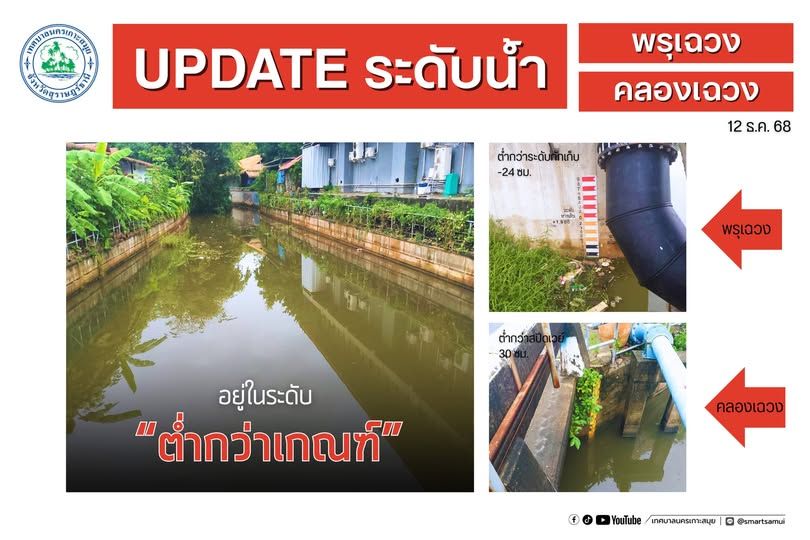Thai farmers will soon benefit from the government’s plan to convert Sor Por Kor 4-01 papers into title deeds for over 22 million rai of land. This upgrade will increase land value and improve access to loans, while also preventing bulk buying by investors. #ThaiFarmers #SorPorKor #LandTitleDeeds #Transparency #Investors #FarmingPurpose #Loans #Thailand
Title Deeds for Sor Por Kor Landholders
The Thai government plans to allow farmers to convert their Sor Por Kor 4-01 papers into title deeds for more than 22 million rai of land early next year. This decision was made by the Agricultural Land Reform Committee (ALRC) on October 12th, with the first batch of land title deeds expected to be given to farmers by January 15th. Provincial agricultural land reform offices are set to issue title deeds to farmers in all 70 provinces within a year.
The Process of Upgrading Documents
The conversion of Sor Por Kor papers to title deeds must follow several laws, including the 1975 Agricultural Land Reform Act, ALRC regulations on land allocations, land transfer, and management of farmer’s assets and debts, as well as regulations on land usage and loans from the Agricultural Land Reform Fund. A total of 1,628,520 landholders are expected to be eligible for this document conversion.
Sor Por Kor 4-01 plots were introduced in 1975 as public land given to poor landless farmers for small-scale farming. Holders must comply with several rules, such as building small houses and using the land only for farming purposes. Despite strict regulations, many holders remain impoverished and transfer their plots to investors and land grabbers illegally.
Benefits of the Upgrade
The upgrade is expected to increase the value of Sor Por Kor land and allow farmers better access to loans from private and state-run banks. Agriculture and Cooperatives Minister Capt Thamanat Prompow believes that converting Sor Por Kor documents into title deeds will create transparency and benefit both farmers and the country. The land will be allowed to change hands legally, preventing bulk buying by investors.
Stakeholder Reactions
Hannarong Yaowalers, head of the Foundation for Integration of Water Management (Thailand), agreed that the existing Sor Por Kor rules should be revised, as they have been in use since 1975 with several limitations. He expressed hope that the upgrade would still prioritize farming and protect the land from falling into investors’ hands.
Suriyan Tonghnueid, adviser to the People’s Movement for a Just Society (P-Move), also welcomed the move but stressed the need to examine new landholders’ qualifications to ensure compliance with the original farming purpose. He urged the government to establish measures for a sustainable future for farmers and improve their quality of life.
Frequently Asked Questions
Q1: What is the Thai government’s plan for Sor Por Kor 4-01 landholders?
The Thai government plans to allow farmers to convert their Sor Por Kor 4-01 papers into title deeds for more than 22 million rai of land early next year, with the first batch of land title deeds expected to be given to farmers by January 15th. This decision is aimed at increasing land value, improving access to loans, and preventing bulk buying by investors.
Q2: What is the process of upgrading Sor Por Kor papers to title deeds?
The conversion of Sor Por Kor papers to title deeds must follow several laws, including the 1975 Agricultural Land Reform Act, ALRC regulations on land allocations, land transfer, and management of farmer’s assets and debts, as well as regulations on land usage and loans from the Agricultural Land Reform Fund. A total of 1,628,520 landholders are expected to be eligible for this document conversion.
Q3: What are the potential benefits of the Sor Por Kor document upgrade?
The upgrade is expected to increase the value of Sor Por Kor land and allow farmers better access to loans from private and state-run banks. Moreover, it will create transparency and benefit both farmers and the country by allowing the land to change hands legally and preventing bulk buying by investors.




